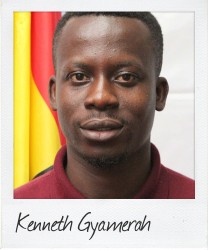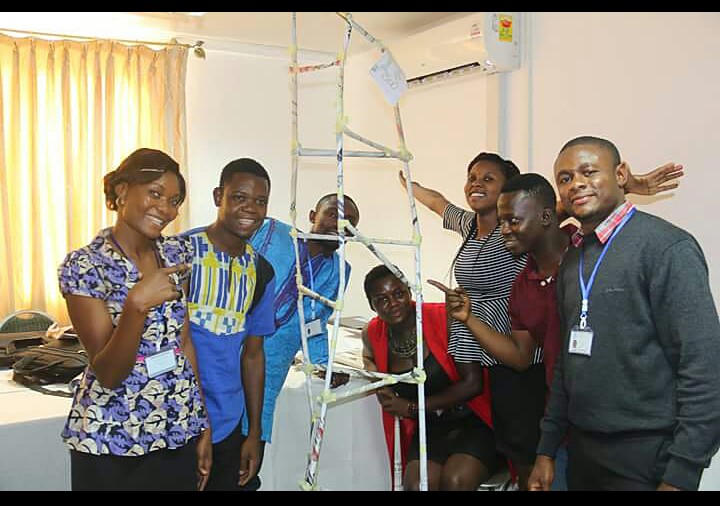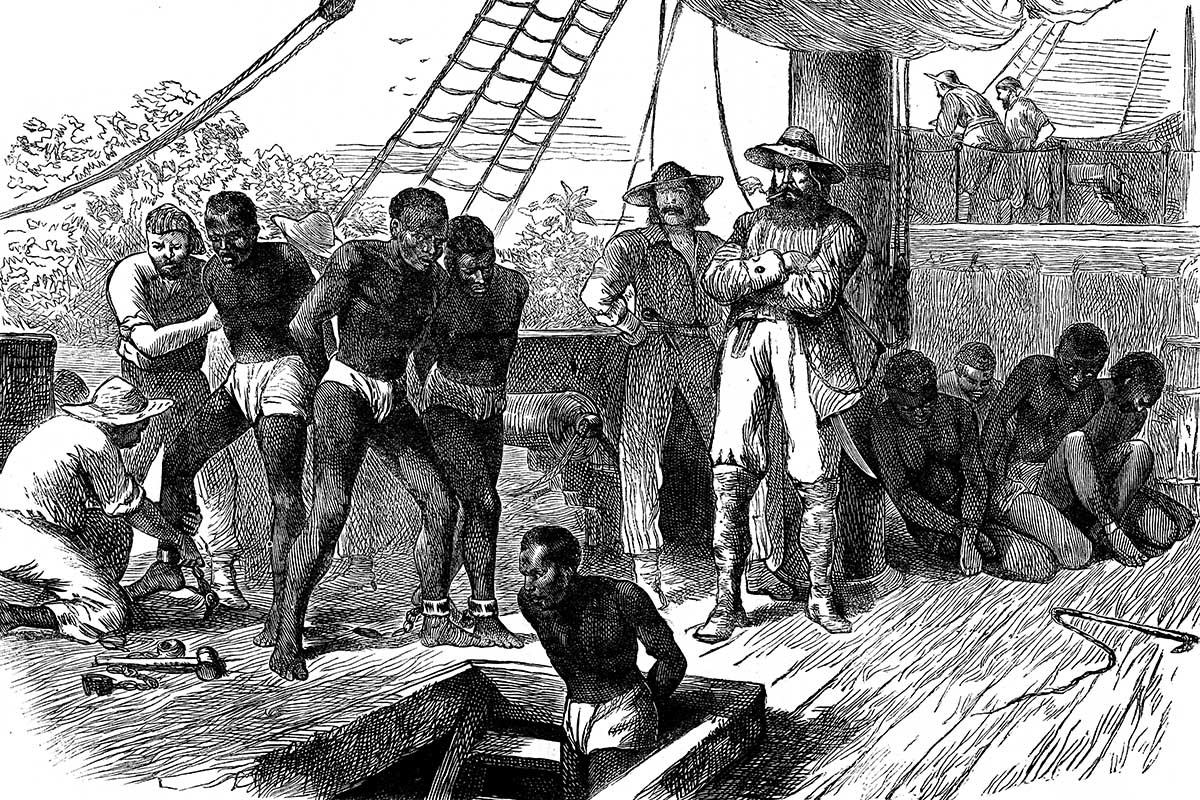“Working together challenges young leaders”
June 28 Africa has brilliant individuals but too often experiences difficulty with teamwork, writes Kenneth Gyamerah, 26, a Commonwealth Correspondent from Kumasi in Ghana. He suggests the reason is tradition that creates preference for “it’s mine” instead of “its ours”, and tells a story about overcoming that view.
Africa has brilliant individuals but too often experiences difficulty with teamwork, writes Kenneth Gyamerah, 26, a Commonwealth Correspondent from Kumasi in Ghana. He suggests the reason is tradition that creates preference for “it’s mine” instead of “its ours”, and tells a story about overcoming that view.
Many brilliant young African leaders want to be at the centre stage. When we work together, the output is great but unfortunately, everyone wants to be the master of every trade. The unnoticed challenge is that young African leaders have inability to work together as a team.
I remember last November, when we were invited for the YALI West Africa Emerging Leaders Program, those of us who were in the Civic Society Leadership track were asked to build a tower.The materials to use were sheets of paper and cellotape. This training was facilitated by the West Africa Civil Society Institute (WACSI).
The facilitator quickly formed a random group of seven from the class. My team was made up of three Cameroonians, one Nigerian and three Ghanaians.
Every group was supplied with sheets of papers, cellotape and a pair of scissors.
The objective was to see which group would build the tallest standing tower in the 45 minutes apportioned to complete the project.
I had a previous experience during Challenges Worldwide, a United Kingdom volunteers program assessment I attended in January that year. At that time my group emerged winners. I told my new team mates at YALI that I had a similar experience and background knowledge in this kind of exercise.
Our major problem was the foundation of the tower, because if the foundation is not strong, no matter how tall the tower would be, it may not stand.
So I suggested we delegate responsibilities. Within my team were those who did the folding and cutting of paper, those who were putting the papers together with the help of cellotape, and those who were in charge of building the foundation.
For about 15 minutes, we were able to get our folded papers ready, but then my plan for the foundation failed. Yes! I failed. The tower was not able to stand. I was like “What!”
I did same thing in the Challenges Worldwide assessment and it worked, so why failure this time?. I became a bit frustrated and realised the team were down because other groups already had their towers standing. At this juncture, we had to quickly decide on another strategy to build a formidable foundation. We had only 30 minutes left. Everybody suggested a plan and in the end, Opetunde Adepeju, a Nigerian fellow’s suggestion was agreed by the team mates.
Ope, as we affectionately call her, suggested we allow her to build the foundation while the rest keep on folding the papers and binding them together with the help of the celloptape.
In about 15 minutes time we were able to build our tower.
We made a loud scream. “Hurray!!! ” and everybody in the room got our attention. At the end of the day, we emerged third in the competition. We thought that all hope was lost, because earlier we came face to face with time due to the confusion that almost disrupted our cohesion as a team.
I learned lessons from the leadership game. The first is that after 15 minutes, almost all the groups had a standing tower, while we were yet to build a foundation. But at the end of the project, most of the group’s towers couldn’t stand with time.They started falling. In your leadership journey, never feel bad when others take the lead. Work hard on your project so that it can stand the test of time. This is sustainability.
A second lesson is that the strategy that worked in one project may not work in other similar projects. As leaders, we must always vary our methodologies. I thought I knew it all, but in the end my idea failed. It took the timely intervention of Opetunde to make a formidable foundation.
Looking at a similar encounter in the Challenges Worldwide assessment, we emerged first with the same idea used for the foundation, but at YALI it didn’t work. I learned that when things don’t work, don’t quit. Push harder.
This experience taught me that division of work during team projects is very important to becoming successful.
It also taught me that unity is strength. As young Africans, we must do our best to work together in solving our problems with African solutions. Whether Akan, Yoruba, Ibgo, Bansu, Hausa or Zulu, we are one people with one common goal to make our continent great.
Finally, don’t rely on individual glory. It’s as good to achieve success with a team as doing it alone. We must learn to say “it’s ours, we did it together” instead of “it’s mine, I did it all by myself”. We need people in our work.
Reach me on Twitter:@kennethgyamera
photo credit: courtesy of Kenneth Gyamerah
…………………………………………………………………………………………………………………
About me: I am a youth activist, writer and a professional teacher.
I am an enthusiast on all issues concerning youth, and feel fulfilled through engaging in policy related discussions and deliberations on youth empowerment and development. I am passionate about organising for a global youth agenda, and want to be the voice for the less privileged in Ghana.
My interests lie in advocacy, writing and teaching, which has led to involvement with a number of global youth-related organizations.
…………………………………………………………………………………………………………………
Opinions expressed in this article are those of the author and do not necessarily represent the views of the Commonwealth Youth Programme. Articles are published in a spirit of dialogue, respect and understanding. If you disagree, why not submit a response?
To learn more about becoming a Commonwealth Correspondent please visit: http://www.yourcommonwealth.org/submit-articles/
…………………………………………………………………………………………………………………




